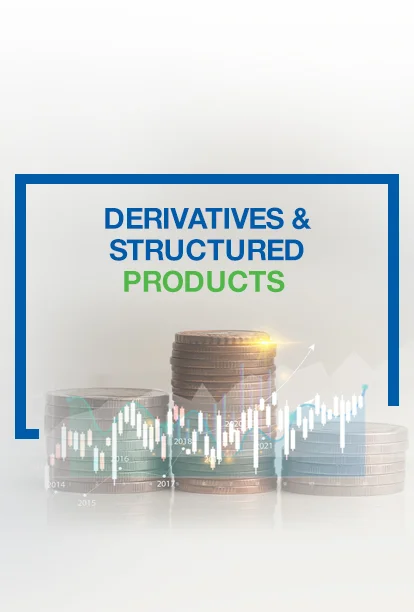
-
Shadabi Plan
-
Khushali Plan
-
Tractor Finance
-
Aabiari Finance
-
Grower Finance
-
Dairy and Meat Finance
-
Murghbani Finance
-
Baghbani Finance
-
Mahigeri Finance
-
High Efficiency Irrigation System (HEIS)
-
Electronic Warehouse Receipt Financing (EWRF)
-
Prime Minister Youth Business and Agriculture Loan Scheme(Ex-PMKJYES Now Revised as PMYB&ALS)
-
Markup Subsidy And Risk Sharing Scheme For Farm Mechanization
Agriculture Products


- Shadabi Plan
- Khushali Plan
- Tractor Finance
- Aabiari Finance
- Grower Finance
- Dairy and Meat Finance
- Murghbani Finance
- Baghbani Finance
- Mahigeri Finance
- High Efficiency Irrigation System (HEIS)
- Electronic Warehouse Receipt Financing (EWRF)
- Prime Minister Youth Business and Agriculture Loan Scheme(Ex-PMKJYES Now Revised as PMYB&ALS)
- Markup Subsidy And Risk Sharing Scheme For Farm Mechanization
×




Listening
We didn't catch that Tap & Speak Again
























